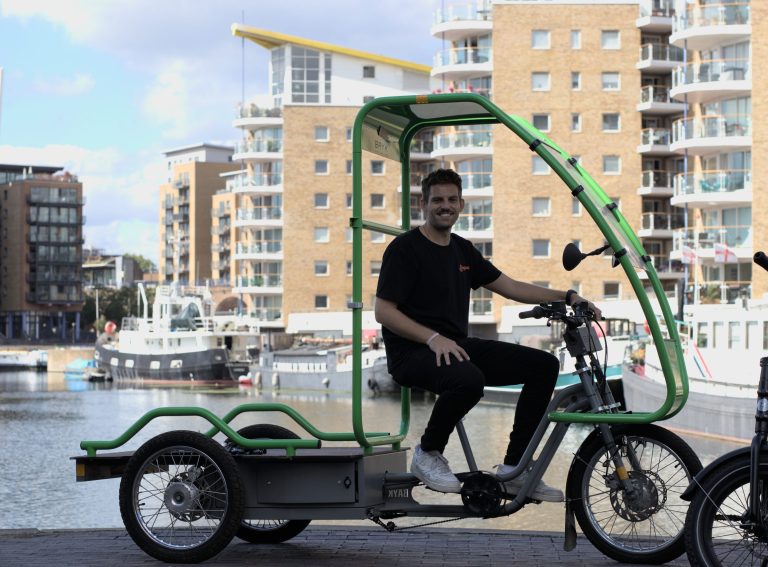A new study by University of Oxford transport professor Christian Brand shows choosing a bike or e-bike over a car just once a day reduces an average citizen’s carbon emissions from transport by 62%.
Strikingly, the study predicts that if just one in five urban residents permanently changed their travel behaviour in this way over the next few years, it would cut emissions from all car travel in Europe by about 8%.
Active travel (walking or cycling for transport) is considered the most sustainable form of personal transport.
Yet its net effects on mobility-related CO2 emissions are complex and under-researched.
The university’s Transport Studies Unit (TSU) study collected travel activity data from 3,800 people in seven European cities and derived life cycle CO2 emissions across modes and purposes.
A total of 10,000 one-day travel diaries were completed, with over 34,200 trips logged in total.
Daily mobility-related life cycle CO2 emissions were 3.2 kg CO2 per person, with car travel contributing 70% and cycling 1%.
Cyclists had 84% lower life cycle CO2 emissions than non-cyclists.
Life cycle CO2 emissions decreased by 14% per additional cycling trip and decreased by 62% for each avoided car trip.
An average person who ‘shifted travel modes’ from car to bike decreased life cycle CO2 emissions by 3.2 kg CO2/day.
Small changes can quickly benefit towns and cities
While e-scooters were not included in the study, it does show that even small switches to more sustainable modes can quickly benefit towns and cities with their decarbonisation plans.
It is also worth noting that, on a life cycle emissions basis, the Oxford study said cycling cannot be considered a ‘zero-carbon emissions’ mode of transport.
The manufacture, maintenance and disposal of bikes (plus batteries and motors in the case of e-bikes), as well as potential dietary changes due to more physical activity, produce carbon emissions further up- or downstream.
Overall, however, life cycle emissions from cycling can be more than 10 times lower per passenger-km travelled than those from passenger cars.
The report concluded: “Active travel has attributes of social distancing that are likely to be desirable for some time.
“It could help to cut back transportation energy use, CO2 emissions and air pollution while improving population health as confinement is eased.
“Therefore, locking in, investing in and promoting active travel should be a cornerstone of sustainability strategies, policies and planning to meet our very challenging sustainable development goals that are unlikely to be met without significant mode shift to sustainable transport.”
You can dig much further into the detail of “The climate change mitigation effects of daily active travel in cities” report here.








